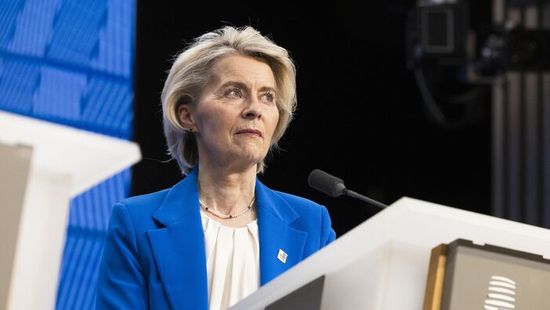Két út áll az Európai Unió előtt: az egyik a történet végét jelentené

Egyre világosabb, Orbán Viktor miért hangoztatja régóta, hogy a brüsszeli politika irányát meg kell változtatni.

In the wake of the sex abuse scandals, an anti-Vatican mood is sweeping the land.
„There are now calls to remove the Catholic Church from every element of Irish public life, and this is supported by a growing secularist movement. Contrary to supposition, though, state and Church in Ireland are already separate: the constitution, although it mentions God, makes no mention of the Catholic Church, specifically affirms that there may be no religious discrimination, and rules that no religion may be endowed by the state.
However, there is a difference between state and culture: the state construes laws, but the culture draws on history, memory, family, folklore. Despite constitutional separation of Church and state, there remain religious traditions, such as the broadcast of the Angelus on national radio, the prayers that open Dail sittings, and the existence – even dominance – of faith-based schools, which secularists seek to abolish. Such sweeping changes could occur in what was once Catholic Ireland: the state could become as secularist as France, with all allusion to the Almighty officially excised. Yet even in France, the holy days continue, with Pentecost and Ascension and All Saints, and Lourdes attracting millions.
The Church in Ireland will never be what it was, but the faith, at grassroots level, will not disappear. The people will climb the holy mountain of St Patrick, and come in their thousands to the shrine of Our Lady at Knock, and beggar themselves to provide children with first communion regalia; and when there is a tragedy in a small town, the church and parish priest will still be at the centre of the community, offering age-old comforts, not of the Vatican, but of the faith.”